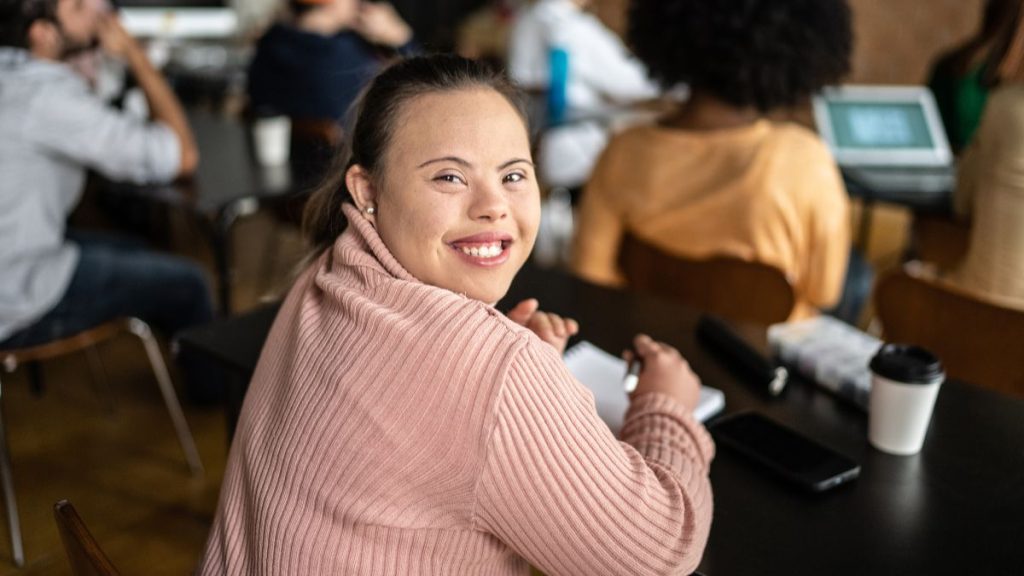As you plan for your future education, finding the right accommodation is crucial – especially if you have special needs. Whether you’re considering university, vocational education, or other forms of higher education, it’s important to know your options and how to access them. Let’s explore some key considerations and tips for finding the perfect living situation that meets your unique requirements.
Understanding your needs
Before diving into accommodation options, it’s essential to clearly understand your specific needs. Consider factors such as:
- Accessibility requirements (e.g., wheelchair ramps, elevators)
- Proximity to medical facilities or support services
- Sensory considerations (e.g., quiet spaces, lighting adjustments)
- Personal care assistance needs
- Dietary requirements
Make a list of your must-haves and nice-to-haves. This will help you narrow down your options and communicate your needs effectively when exploring accommodation choices.
On-campus accommodation
Many educational institutions offer on-campus housing options specifically designed for students with special needs. These may include:
- Adapted rooms or apartments
- Accessible common areas
- On-site support staff
- Emergency response systems
Advantages of on-campus accommodation often include proximity to classes, easy access to campus resources, and a built-in community of fellow students.
Off-campus options
If on-campus living doesn’t suit your needs or preferences, there are various off-campus options to consider:
- Purpose-built student accommodation: Many private providers offer accessible rooms or apartments designed for students with special needs.
- Shared houses or apartments: You might find suitable shared accommodation with other students or in a home modified for accessibility.
- Independent living: Depending on your needs and preferences, you might opt for a private apartment or house near your educational institution.
Support services and assistive technology
Regardless of where you choose to live, it’s crucial to explore the support services and assistive technology available. These might include:
- Personal care assistance
- Mobility aids
- Adaptive computer equipment
- Note-taking services
- Sign language interpreters
Many educational institutions have disability support services that can help you access these resources and ensure your accommodation meets your needs.
Financial considerations
Accommodation costs can be a significant factor in your decision-making process. Be sure to research:
- Scholarships or grants specifically for students with special needs
- Government assistance programs for housing or disability support
- Financial aid options through your educational institution
Don’t hesitate to reach out to financial aid offices or disability support services for guidance on funding options.
Tips for finding the right accommodation
- Start early: Begin your search well in advance to ensure you have time to explore all options and make necessary arrangements.
- Communicate clearly: Be open and specific about your needs when discussing accommodation options with providers or potential roommates.
- Visit in person: Whenever possible, visit potential accommodations to assess their suitability firsthand.
- Ask questions: Don’t be afraid to ask detailed questions about accessibility features, support services, and policies.
- Consider proximity: Think about the location in relation to your classes, medical facilities, and other essential services.
- Seek advice: Consult with disability support services, current students with similar needs, or disability advocacy organisations for recommendations and insights.
Find out more
Remember, finding the right accommodation is an important step in ensuring your educational journey is comfortable and successful. Take your time, explore your options, and don’t hesitate to ask for help when you need it.
You can explore more study options on our website here.


